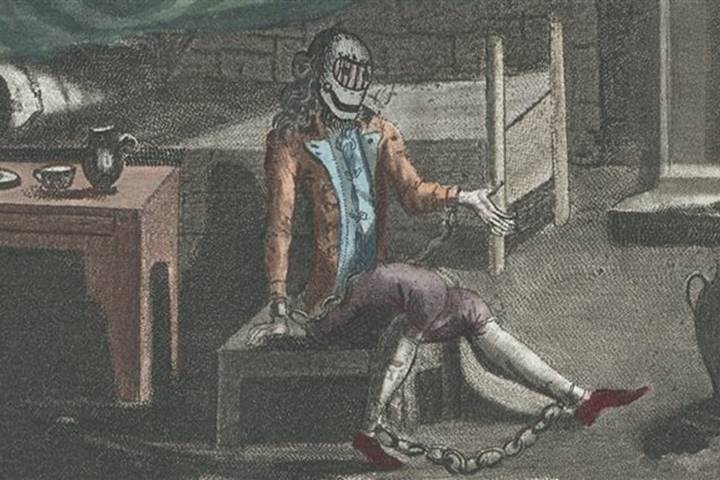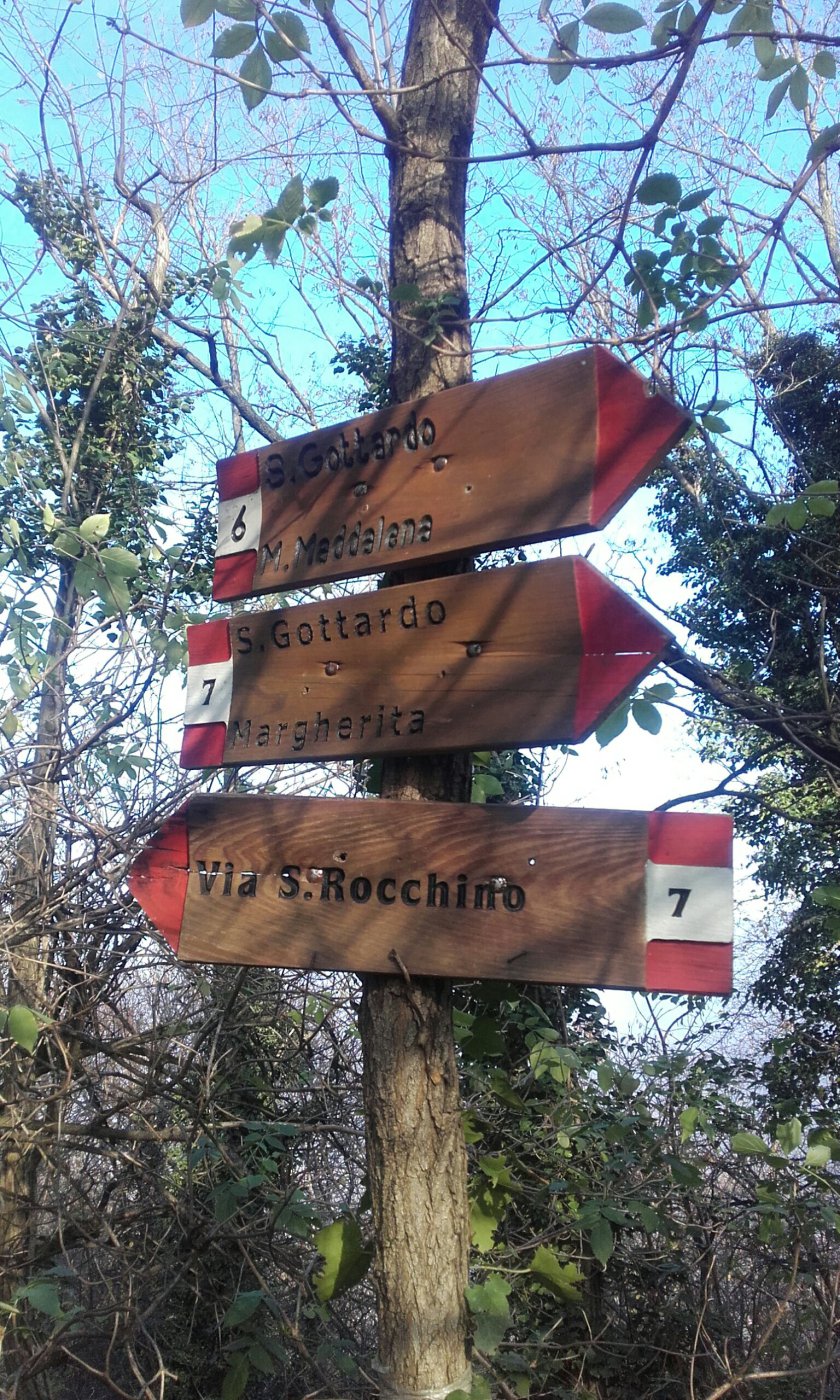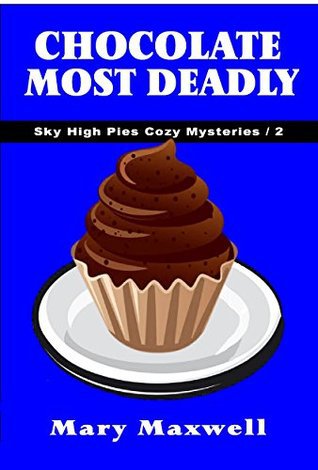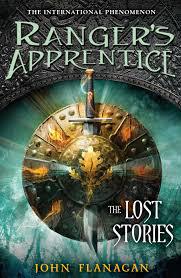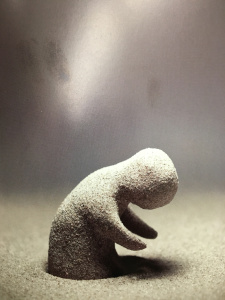 Thirty years ago I stood in a kitchen reading through a letter of complaint sent to a business about one of their products. “Oh my God,” I remember saying. “Whoever wrote this letter is a horrible speller. And the grammar? Jeez!” Then I turned the page over and looked at the signature. And realized that the letter had been written by someone I loved, someone who had worked incredibly hard their whole life long, someone who could always be counted on to help, someone who was right there in the room.
Thirty years ago I stood in a kitchen reading through a letter of complaint sent to a business about one of their products. “Oh my God,” I remember saying. “Whoever wrote this letter is a horrible speller. And the grammar? Jeez!” Then I turned the page over and looked at the signature. And realized that the letter had been written by someone I loved, someone who had worked incredibly hard their whole life long, someone who could always be counted on to help, someone who was right there in the room.
That memory has haunted me ever since. When I think about it, the sensation of shame that flooded through me in that moment, that almost made me fall on my knees, was the beginning of a long slow road that brought me to where I am now, a writer and a teacher of writing who doesn’t care how bad her students’ spelling and grammar are. I am so so sorry, a student wrote me last week, thank you for being so patient and correcting my horrible spelling. All my terrible mistakes must feel like fingernails on a chalkboard to you.
But they don’t. I don’t care anymore about things like that. The surface doesn’t matter to me. Years and years of listening to others’ stories and watching others’ faces when their mistakes are pointed out, when they’re being laughed at, when they smile and smile and smile while their eyes fill with tears, have softened and gentled me. They have turned me into someone who will sit with her laptop propped on her lap and spend whatever time it takes to see through to the golden, glowing sun that shines beneath all those halting sentences.
Persimmons, by Li-Young Lee
In sixth grade Mrs. Walker
slapped the back of my head
and made me stand in the corner
for not knowing the difference
between persimmon and precision.
How to choose
persimmons. This is precision.
Ripe ones are soft and brown-spotted.
Sniff the bottoms. The sweet one
will be fragrant. How to eat:
put the knife away, lay down newspaper.
Peel the skin tenderly, not to tear the meat.
Chew the skin, suck it,
and swallow. Now, eat
the meat of the fruit,
so sweet,
all of it, to the heart.
Donna undresses, her stomach is white.
In the yard, dewy and shivering
with crickets, we lie naked,
face-up, face-down.
I teach her Chinese.
Crickets: chiu chiu. Dew: I’ve forgotten.
Naked: I’ve forgotten.
Ni, wo: you and me.
I part her legs,
remember to tell her
she is beautiful as the moon.
Other words
that got me into trouble were
fight and fright, wren and yarn.
Fight was what I did when I was frightened,
Fright was what I felt when I was fighting.
Wrens are small, plain birds,
yarn is what one knits with.
Wrens are soft as yarn.
My mother made birds out of yarn.
I loved to watch her tie the stuff;
a bird, a rabbit, a wee man.
Mrs. Walker brought a persimmon to class
and cut it up
so everyone could taste
a Chinese apple. Knowing
it wasn’t ripe or sweet, I didn’t eat
but watched the other faces.
My mother said every persimmon has a sun
inside, something golden, glowing,
warm as my face.
Once, in the cellar, I found two wrapped in newspaper,
forgotten and not yet ripe.
I took them and set both on my bedroom windowsill,
where each morning a cardinal
sang, The sun, the sun.
Finally understanding
he was going blind,
my father sat up all one night
waiting for a song, a ghost.
I gave him the persimmons,
swelled, heavy as sadness,
and sweet as love.
This year, in the muddy lighting
of my parents’ cellar, I rummage, looking
for something I lost.
My father sits on the tired, wooden stairs,
black cane between his knees,
hand over hand, gripping the handle.
He’s so happy that I’ve come home.
I ask how his eyes are, a stupid question.
All gone, he answers.
Under some blankets, I find a box.
Inside the box I find three scrolls.
I sit beside him and untie
three paintings by my father:
Hibiscus leaf and a white flower.
Two cats preening.
Two persimmons, so full they want to drop from the cloth.
He raises both hands to touch the cloth,
asks, Which is this?
This is persimmons, Father.
Oh, the feel of the wolftail on the silk,
the strength, the tense
precision in the wrist.
I painted them hundreds of times
eyes closed. These I painted blind.
Some things never leave a person:
scent of the hair of one you love,
the texture of persimmons,
in your palm, the ripe weight.
For more information on Li-Young Lee, please click here. Website Blog Facebook page @alisonmcghee Share this:

